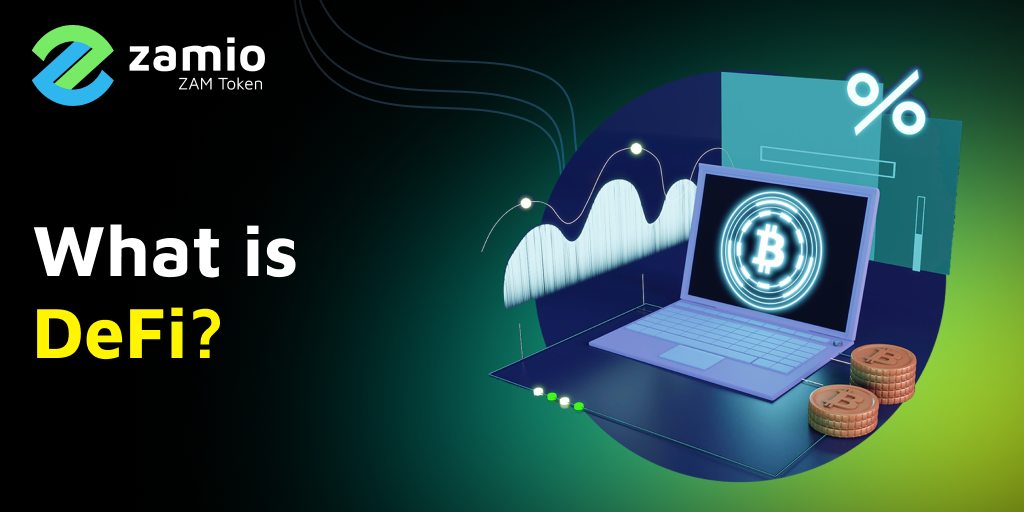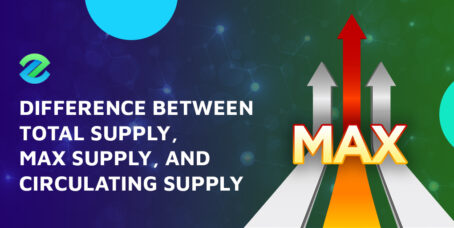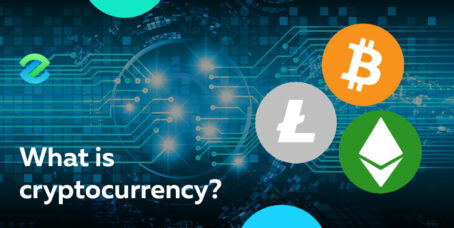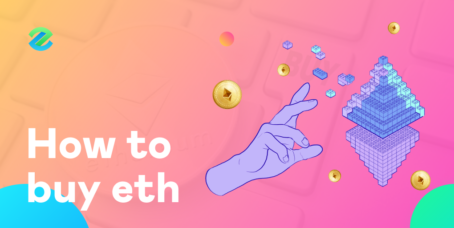In simple terms, a token is a digital certificate that guarantees the company’s obligations to its owner, an analogue of shares on the stock exchange in the world of cryptocurrencies.
In the virtual world, a token is a digital conventional unit, the value of which is expressed in some asset. It is synchronized with a database built on blockchain technology, where all tokens are counted. Access to virtual tokens is possible only with an electronic signature and through the appropriate application.
Table of Contents
Types of tokens
At the moment there is no single classification, but today tokens can be divided into the following types:
- Security tokens are created to simplify the work of investors and in fact, are the shares of the company. They certify ownership and provide an opportunity to receive dividends.
- Utility tokens are designed to create a virtual currency within a business, company, or any platform. Usually, utility tokens express points received for completing company shares, they also include game currencies, etc.
- Asset-backed tokens are tokens backed by real liquid assets. It can be both goods and services, and oil and gold. The company issuing commodity tokens is obliged to pay the owner the cost of the token or send goods in exchange for tokens.
Purchase of tokens and their storage
Buying and holding tokens is similar to buying and holding cryptocurrency. The purchase is carried out with the help of exchanges, exchangers, or directly from sellers. Tokens are stored in crypto wallets, where keys are stored and processed, and transactions are formed.
But there is nothing without the risks and problems associated with:
- Keys that can be lost or stolen;
- Low privacy associated with the operation of the public blockchain;
- The complexity of scaling in accounting.
How a token works from an investor’s point of view
Tokens make it easier for users to interact within a blockchain or project. For example, some get it for maintaining the network or adding useful content, while others spend it on deploying their smart contracts or running decentralized applications. The exact set of functions of the token depends on the specific project.
For an investor, it is not so much the mechanism of the functioning of the token that is important, but the opportunity to earn on it. Therefore, let’s dwell on this issue.
There are such options for earning. Consider their features:
- Purchase at the stage of the initial offer. Investors purchase tokens of a promising project before they are distributed among all users. That is, they have the opportunity to buy an asset cheaply before the price rises during listing on the exchange. Then they sell the acquired asset and make a profit.
- Purchase within the ecosystem created by the developers. If the project provides for an internal economy, with the help of tokens you can earn inside it and withdraw funds in the way provided by the developers. For example, a user can purchase items in the game for tokens or mine them, and then sell the assets to other participants for a higher price.
- Investment and long-term storage. Tokens of promising projects are growing in price in the same way as ordinary cryptocurrencies. The more famous the project becomes, the more in demand the tokens are. Therefore, it makes sense to purchase calculation units for “young” projects and store them for several months to several years for a profit.
- Getting a share from a startup. This method is typical for tokens that replace shares. They confirm the user’s share in the project and give him the right to receive profit.
Conclusions
The popularity of these units is due not only to their benefits. Today there are numerous ways to invest in tokens. Some of these assets are presented as particularly profitable. As a result, a trader faces a difficult task — to distinguish promising offers from aggressive marketing.
You can make good money on tokens if you choose the right tools and understand exactly how to use them. At the same time, even the most efficient tokens cannot be so in every case. One trader will receive income from virtual units, the second will face losses.









